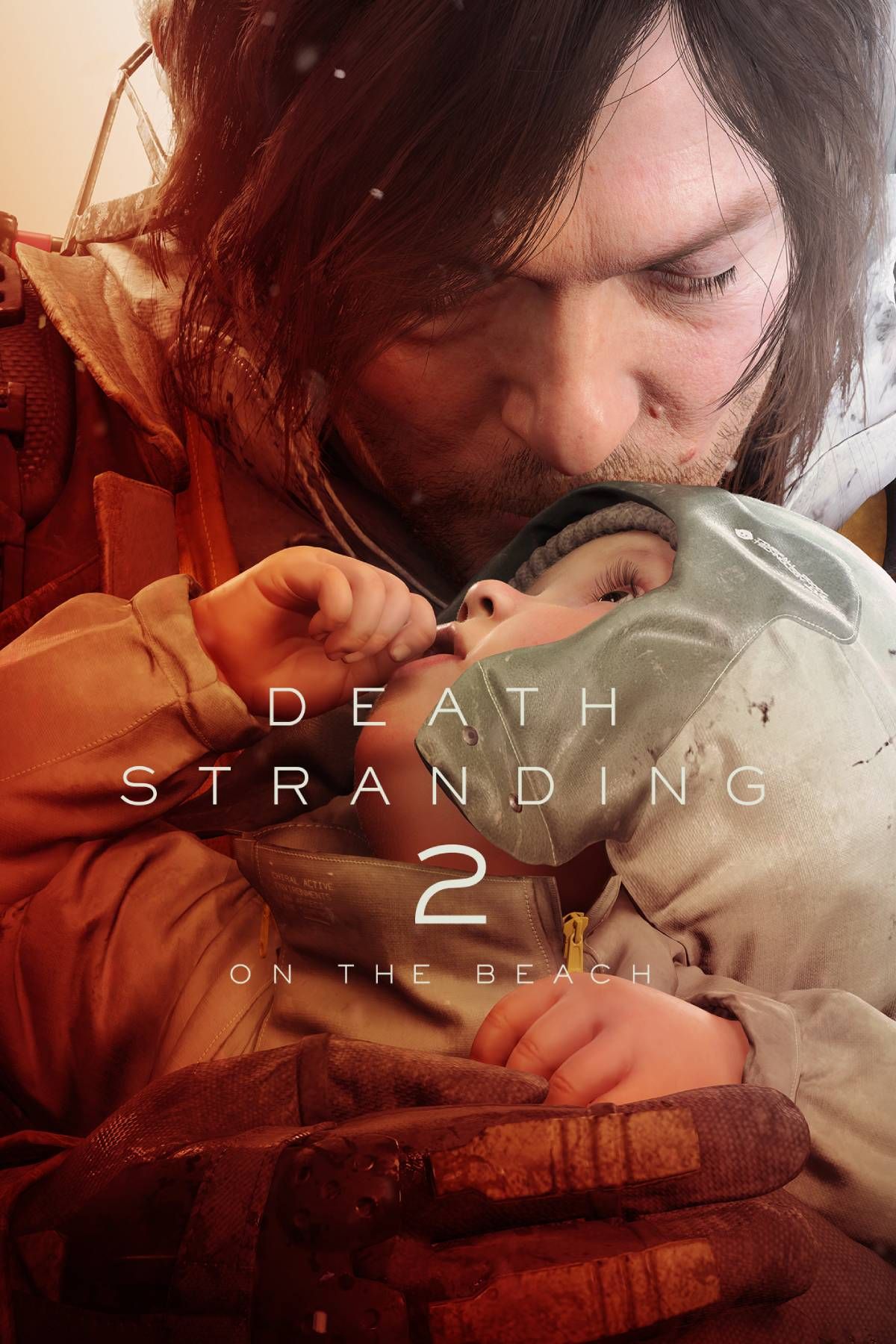
Hideo Kojima Reveals the Real Reason Behind the Lack of Japanese Actors in His Games
So, there's been a lot of talk lately about Hideo Kojima and a pretty interesting — and unexpected — revelation he recently made. If you’ve been following the buzz around Death Stranding 2: On the Beach , you might have noticed the game once again features a star-studded Hollywood cast: Norman Reedus, Léa Seydoux, Elle Fanning, Troy Baker — it’s packed with Western talent. And it’s brought back an old question fans keep asking: why are there so few Japanese actors in Kojima’s games, especially when his studio is based in Tokyo?
Well, Kojima has finally addressed it head-on in a new interview with IGN Japan, and his answer is surprisingly technical and, honestly, pretty eye-opening.
Also Read:- Bengals’ Offensive Line Sparks Concern Ahead of 2025 Season
- “Elbows Up” Fades as Canada Day Spirit Returns to Classic Roots
According to Kojima, the biggest hurdle has actually been recreating Asian faces accurately in CG . That’s right — he said that Asian actors, particularly women and younger people, have such smooth and flawless skin that when scanned and rendered in 3D, the results end up looking “too artificial.” It’s not that he doesn’t want to work with Japanese actors — it’s that the technology up until now hasn’t done them justice. In his words, “It’s really hard to recreate Asian faces accurately in CG… Their skin is so smooth and beautiful, it ends up looking fake.”
He even noted that older people or those with more textured skin — like freckles — tend to scan better. Kojima admitted he’s tried working with Japanese actors before, but the results never looked quite right. This time though, he used newer scanning and rendering technology, and he says he’s finally happy with how it turned out.
One of those breakthroughs led him to cast Shioli Kutsuna as Rainy in Death Stranding 2 . She’s an actress of Japanese descent who grew up in Australia and speaks fluent English — which brings us to the second challenge Kojima mentioned: language . Since the game’s performance capture is done in Los Angeles, all the actors need to be fluent in English to effectively collaborate in scenes recorded together. Kutsuna was a rare find: bilingual and talented — and when Kojima met her, he said, “she was amazing.”
It’s refreshing to hear him open up so candidly about these behind-the-scenes challenges. It’s not about excluding Japanese actors — it’s about technical limitations, performance logistics, and the realism Kojima demands in his cinematic storytelling. That said, it sounds like things are changing. Kojima seems excited about the new possibilities, and even hinted at wanting to explore more Japanese casting, maybe even setting a game in Japan one day.
So, while we may still see plenty of Hollywood faces in his work, the door is clearly more open than ever for Japanese talent to shine in Kojima Productions' future titles — and that’s something worth looking forward to.
Read More:

0 Comments